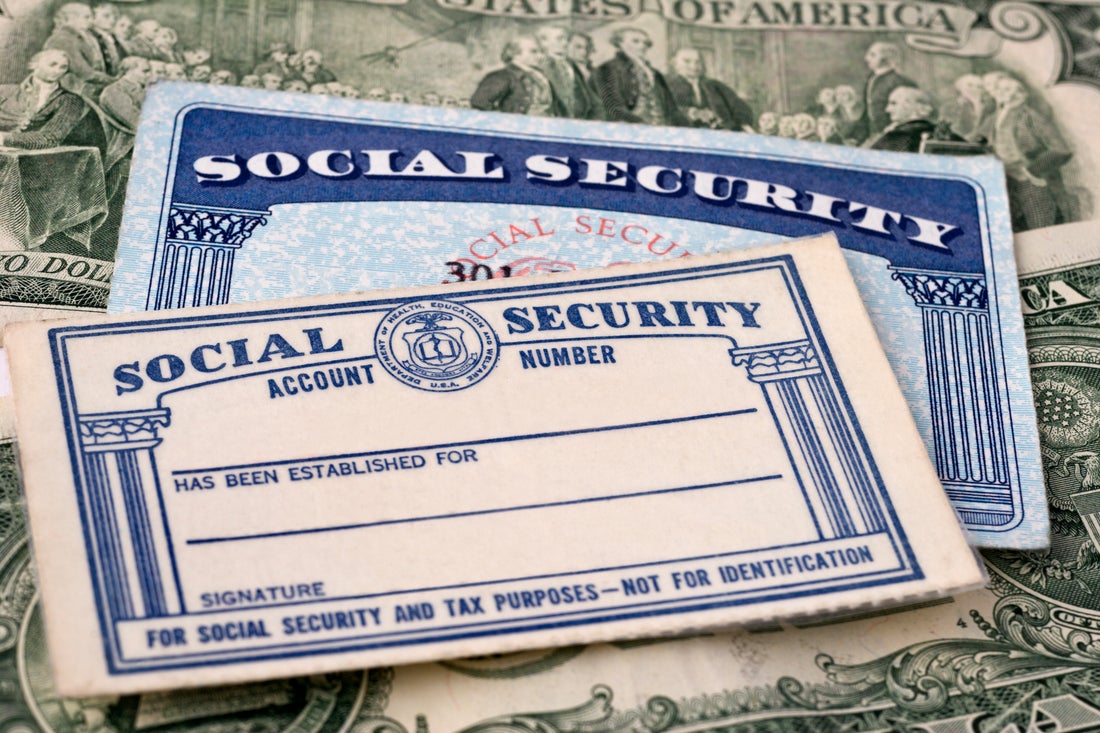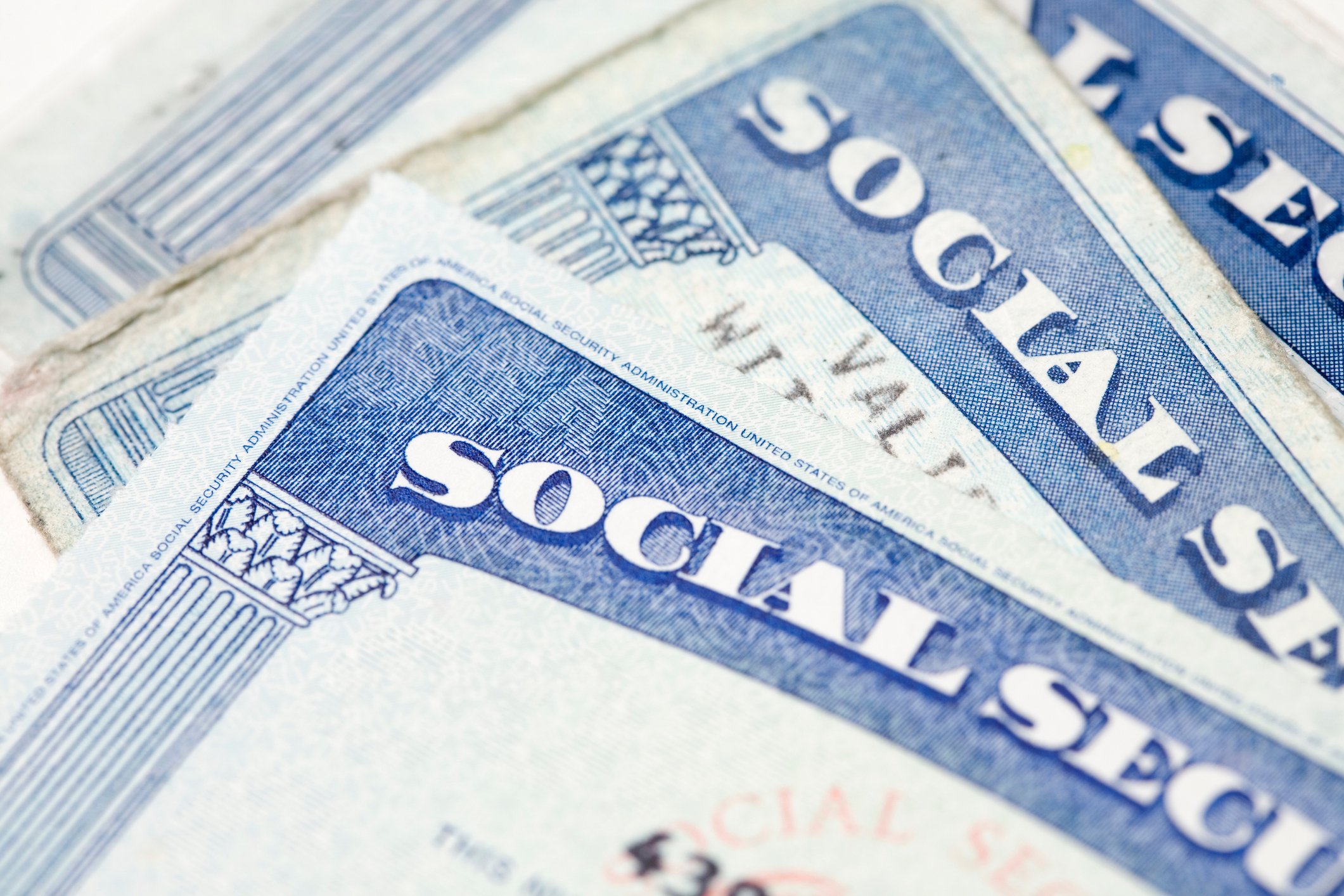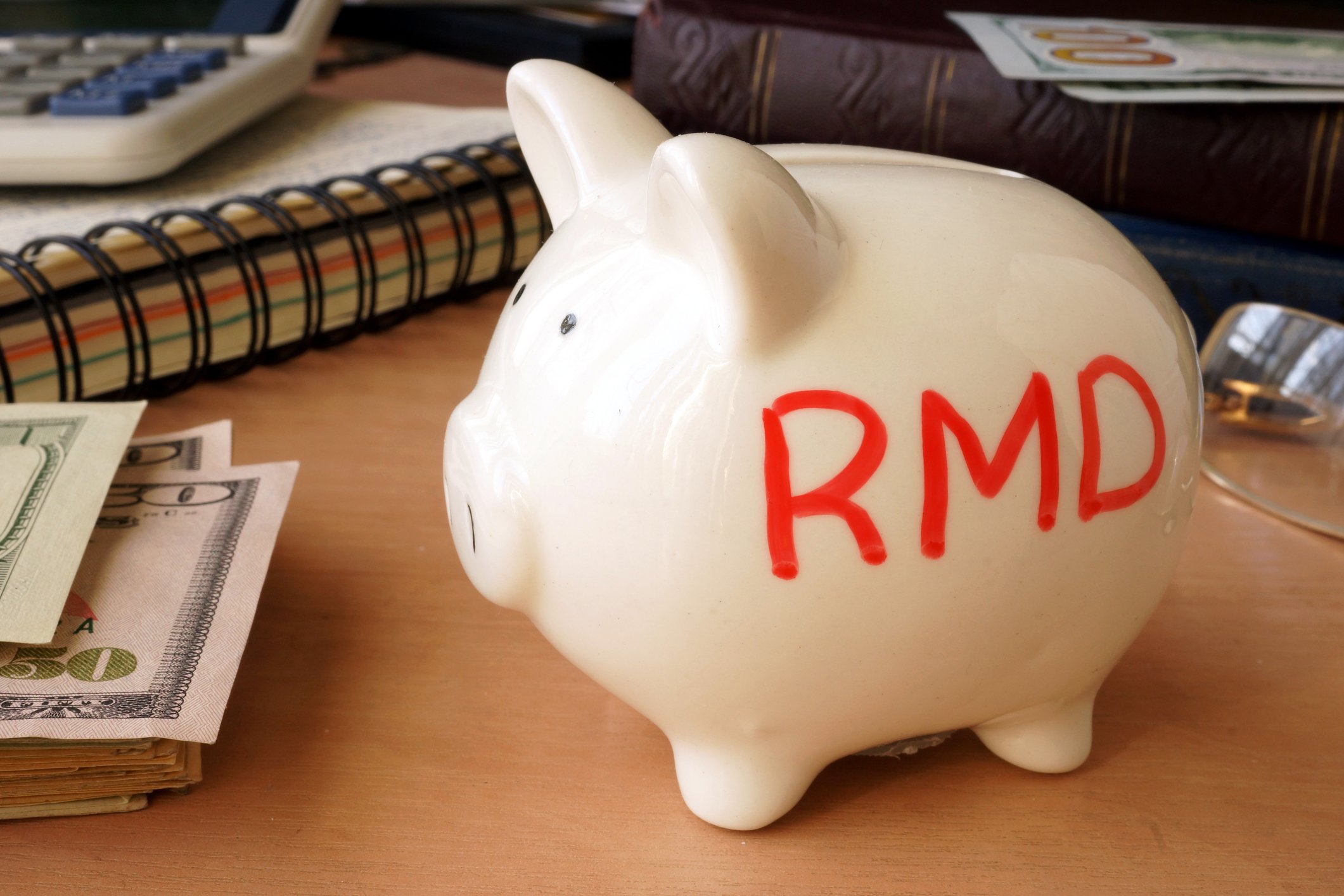If you're among the roughly 175 million working Americans covered in some respect by Social Security, there's a good chance you'll be reliant on the program when you retire. An April 2018 Gallup survey of nonretirees found that more than 4 out of 5 respondents will in some way need their monthly payout to make ends meet during retirement. If this is true, then your Social Security claiming decision is possibly the most important choice you'll make as a senior.
Of course, deciding when to begin taking your Social Security benefit isn't as cut-and-dried as you might think. Since everyone's financial, marital, and health status is unique, the decision of when to claim benefits is also dynamic to each individual.
However, there are a few prevailing factors that can help in deciding what the best age to claim might be for you, relative to your full retirement age -- i.e., the age at which you'll receive 100% of your monthly benefit, as determined by your birth year. Below you'll find some great reasons to claim prior to reaching your full retirement age, at your full retirement age, and after your full retirement age.

Image source: Getty Images.
Great reasons to take your benefit early
One of the top justifications of taking benefits early, even though it would result in a permanent reduction in your monthly payout of up to 30%, depending on your birth year, is your health. Obviously (and thankfully), we don't know our own expiration date. But if you have chronic health conditions that could make it difficult for you to reach the average U.S. life expectancy of close to 79 years, or you have immediate family members that passed away relatively young, then claiming early might be in your favor. Even with a reduced monthly payout, claiming early could give you the best chance to maximize what the program pays you over your lifetime.
Taking your benefits early might also be a smart move if you're married and are the lower-earning spouse. Ideally, you'd want to allow the benefits of the higher-earning spouse to grow over time, since it'll have a bigger impact on household income in the years to come. But in order to provide some near-to-intermediate income to the household, the lower-earning spouse may find it a good idea to claim their benefit early.
Also, if you have no other sources of income, claiming early could make sense. Ideally, you don't want to be forced into taking Social Security because of an inability to find employment, but it can happen. Just keep in mind that a Social Security "mulligan" does exist -- Form SSA-521 -- that allows a retired worker to undo their claim within 12 months of first receiving their benefit. This do-over clause is particularly handy for boomers who land a well-paying job within a year of first taking benefits.

Image source: Getty Images.
Great reasons to claim at your full retirement age
Of course, sometimes your best course of action is to take the middle ground.
For example, if you're a higher-earning spouse, waiting until your full retirement age comes with not one, but two benefits. The first, as you can imagine, is the guarantee of your full monthly payout, which should help you and your spouse better meet your financial needs. But it would also ensure that your lower-earning spouse could qualify for the maximum survivor benefit if you, the higher-earning spouse, passed away first. Waiting until your full retirement age ensures that your spouse wouldn't have to accept a reduced survivor benefit.
If you plan to continue working into your mid- to late 60s, or even beyond, claiming at your full retirement age might be a smart decision since it won't expose you to the retirement earnings test (RET). The RET allows the Social Security Administration to withhold benefits, based on earnings, for anyone claiming prior to their full retirement age. For those claimants who won't reach their full retirement age in 2019, the earning threshold before withholding begins is relatively low at $17,640. But once you reach full retirement age, the Social Security Administration won't withhold a dime. That's a pretty enticing proposition to wait.
Claiming at your full retirement age is also a good plan if you're in good health and you've been an average saver. If you expect to have an average life expectancy, and you don't need the added income Social Security provides immediately upon turning 62, the initial claiming age for retired workers, then waiting until your full retirement age can ensure a full retirement benefit and help make your golden years a little easier, financially speaking.

Image source: Getty Images.
Great reasons to wait on your claim
Then again, waiting all the way until age 70 and boosting your eventual monthly benefit by 24% to 32% above your payout at full retirement age might be the preferred path.
For instance, if you're wealthy and not planning to be reliant on Social Security income in any way, then claiming at age 70 could be the way to go. Since you'll likely pay federal tax on up to 85% of your Social Security benefits, holding off those extra eight years before taking Social Security means reducing your tax liability. Additionally, with the rich living substantially longer than the average American, they're liable to reap the rewards of a higher lifetime benefit by waiting.
Another great reason to wait is if you have little or nothing saved for retirement. Although the Social Security Administration suggests that the program is only designed to replace 40% of the average worker's wages during retirement, some folks will clearly be leaning on Social Security more heavily. If Social Security will account for a majority of your monthly income, it only makes sense to work as long as possible (to cover your monthly expenses) and maximize your monthly payout by claiming at age 70.
Lastly, claiming after your full retirement age can make sense if you're in excellent health and have longevity among your immediate family. Though our expiration date is ultimately an unknown, longevity has increased by roughly nine years for the average American since 1960. That bodes well for those who want to wait and expect to collect a benefit check well into their 80s.
As I said, there's no perfect guideline as to when you should claim -- but there are great reasons to consider taking your benefit early, at, or after your full retirement age depending on your unique set of circumstances.





